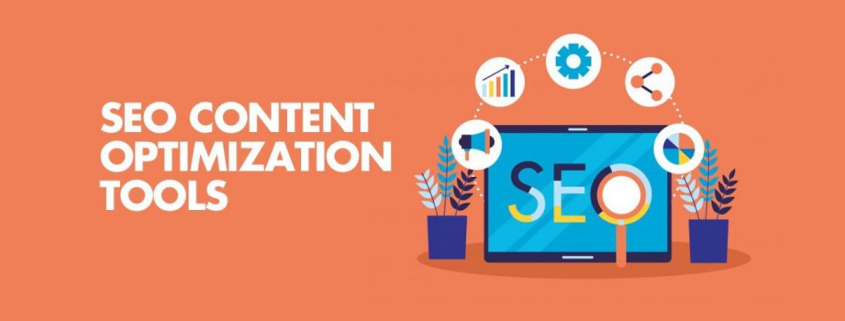AI Content Optimization Tools for SEO (2025)
Introduction
AI Content Optimization Tools for SEO
What Is AI Content Optimization?
Benefits:
- Automatically improve readability and structure
- Identify missing keywords and topics
- Provide real-time SEO scores
- Help tailor content to match search intent
- Speed up the editing and review process
Top AI Content Optimization Tools in 2025
Content Analyzer
AI Content Editor
Semantic SEO Assistant
Internal Link Mapper
How AI Tools Help Boost SEO
- Enhanced Relevance: Match your content with user search intent more accurately.
- Faster Production: Get real-time suggestions and speed up content workflows.
- SEO Consistency: Maintain optimized titles, headers, and metadata site-wide.
- Better Rankings: Improve your chances of appearing in featured snippets and AI summaries.
How to Use These Tools in Your Workflow
Create your content based on keyword and topic research.
Use an AI content editor to refine structure, tone, and readability.
Run content through a semantic optimizer to cover related queries and subtopics.
Use an internal linking tool to connect your new page with other relevant pages on your website.
Always review the final output to ensure it aligns with your brand tone and accuracy.
Final Thoughts
Frequently Asked Questions (FAQs)
1. What are AI content optimization tools?
AI content optimization tools use artificial intelligence to analyze and improve digital content. They help with keyword usage, readability, structure, and search intent alignment to boost SEO performance.
2. How do AI tools help with SEO?
AI tools analyze data from top-ranking pages, provide keyword recommendations, optimize structure and headings, and ensure your content meets search engine standards. This helps improve visibility and ranking potential.
3. Are AI content optimization tools easy to use?
Yes, most AI tools are designed with user-friendly interfaces, real-time suggestions, and visual dashboards. Even users with little SEO experience can benefit from these tools.
4. Can AI tools replace human content writers?
AI tools assist writers by optimizing content, suggesting improvements, and generating outlines—but human input is still essential for creativity, brand voice, and accuracy.
5. What’s the difference between AI content creation and AI optimization?
AI content creation generates new content from scratch, while AI optimization improves and enhances existing content to perform better in search engines.



